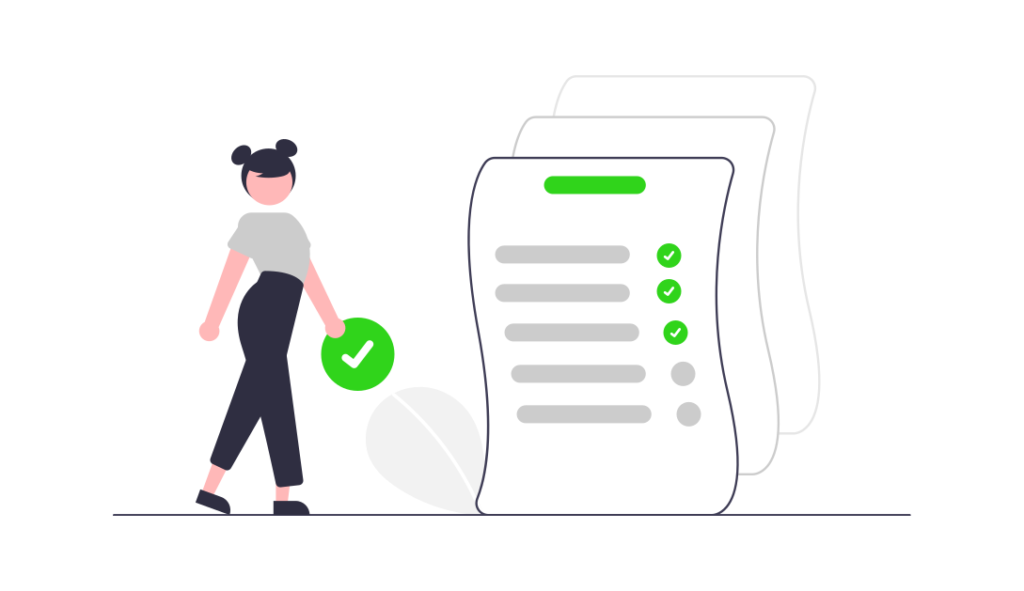Writing a great essay can be overwhelming. Handling a great deal of information and making sure you answer the question is a lot of pressure. Eventually having a finished essay can feel impossible, especially when you begin with nothing but your thoughts!
This is where essay planning comes in. Did you know that effective essay plan can relieve students of stress? According to a 2011 study involving 3,000 participants, the best stress managing technique was planning.
What is an essay plan?
When beginning to consider writing an essay, the planning stage is the most critical. It is a landing point to work through essay subtopics and ideas. At its core, it is an organisational tool. It’s the singular central space where you note down your thoughts surrounding the essay question.

Essay plans are often divided into sections. This is usually done by topic or paragraph, allowing the plan to create a linear pathway of thought. It shows the entire breadth and scope of your argument from beginning to end.
Not every student uses an essay plan. This is especially true of new university students, as essay plans tend not to be utilised in further education. This is due to the fact that University essays are often longer and more complex. They are written completely independently from tutor assistance, usually requiring support in the vein of academic references.
It is important to note that essay plans may look different to each student. There is no right or wrong way to prepare them – find what works best for you.
How can effective essay planning relieve university stress?
Essay planning can be surprisingly beneficial to lowering student stress. Here are some examples.
It gets the bulk of the thinking out of the way. Planning is an informal way of getting all of your ideas out of your head. This means that all of the information you need is right in front of you when it comes to writing the essay itself. It takes the pressure away from you as it gives you a personalised step by step path to follow.
It helps keep the argument on track. This means that there is less worry on what you’re arguing as it has already been laid out. Plans help to not lose sight of exactly what you want to say. They allow you to stress less about content and focus more on how you make that argument.
It segments and paces your workload. By keeping essay planning and writing as two separate activities, the work is broken down into manageable tasks. It helps the brain focus on one thing at a time and makes the project more mentally accessible and approachable.
It helps you begin. One of the biggest struggles when writing essays is beginning. It helps remove the mental block as your plans give you a starting point. Plans keep you organised and help you think chronologically about your argument. If you know what you are arguing, you know what you want your first point to be!
Tips on Writing an Effective Plan
Before You Plan
Before anything else, write out the question. This may seem obvious, but one common observation that markers make about weaker essays is that the writer did not sufficiently address the question.
Make sure you know what the question or statement is asking you to do. Don’t be afraid to dissect the question. Use highlights, annotations, mind maps. Brainstorm around your topic, as there is no point in writing a plan without an idea of what you are answering!
Underline and bold the question at the top of the page, and always return to it whenever you begin a new point. This helps to keep it in your mind as you write. Always consider how the point you are making answers that question.
While You Plan
If your essay requires secondary criticism, create a bibliography. This will contain any academic journals, articles or books that may want to refer to throughout your essay.
As you’re still in the planning stage, don’t worry about using them all. Much like the plan itself, it is helpful to have everything in one unifying document.
You can later annotate this bibliography. Do this with quotes you may want to use and thoughts you may have surrounding them. It may also be helpful to note where you might want to include them in your argument.
The amount of detail that goes into the plan of your bibliography is up to you. Find out what feels right and works for you.
Once You’ve Finished Planning
Depending on your university, some lecturers will have no problem proofreading or double checking your essay plan. This can be helpful if they can’t check the final essay product before submission.
If you choose to do this, give it plenty of time before the deadline. Professors are just as busy as students, and it gives them time to get back to you without putting pressure on either party.
Don’t assume that all professors will do this, though. Simply send a professional, respectful email enquiring whether they can do so. Keep in mind that they may say no – but it can never hurt your chances to ask!
If that doesn’t work, you can always ask your peers to take a second look over the essay to proofread and check for grammar errors!
Conclusion
Essay plans can be as in depth or as brief as you want. Effective planning is about finding out what works for you and applying it to your preparation.
Regardless of which way you choose to plan, just by having a plan at all, you are one step closer to a successful essay submission.
Interested in support during your studies? Here at Ceed, we are committed to supporting your journey as a student. Click here to learn more.